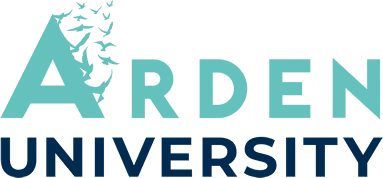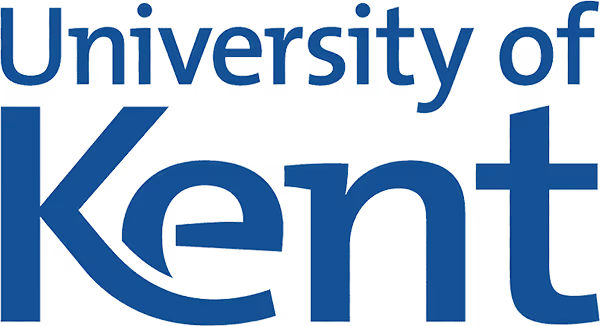

Optimising course choice via student segmentation
Founded in 2016, Arden University offers a sector-leading, flexible blended learning study model which attracts large numbers of BME and mature students at five UK study centres. In addition, “pure” distance learning (DL) has delivered consistent growth year on year.

Market segmentation in 2015
An attitudinal market segmentation was conducted in 2015, focusing on the entire higher education market which identified six segments. Arden wished to develop their DL offer in particular and wanted to understand whether the original segmentation was still relevant.
Segmentation study in 2020
In 2020, Turquoise ran a study for Arden University creating a five-segment solution covering course choice motivation, potential barriers, and how well they progress at Arden University.
Segmentation refresh in 2022
Since this segmentation was created, there had been changes in both Arden University’s strategic direction and also to the key stakeholders. Therefore, we were asked to undertake a further refresh of the student segmentation in 2022.























